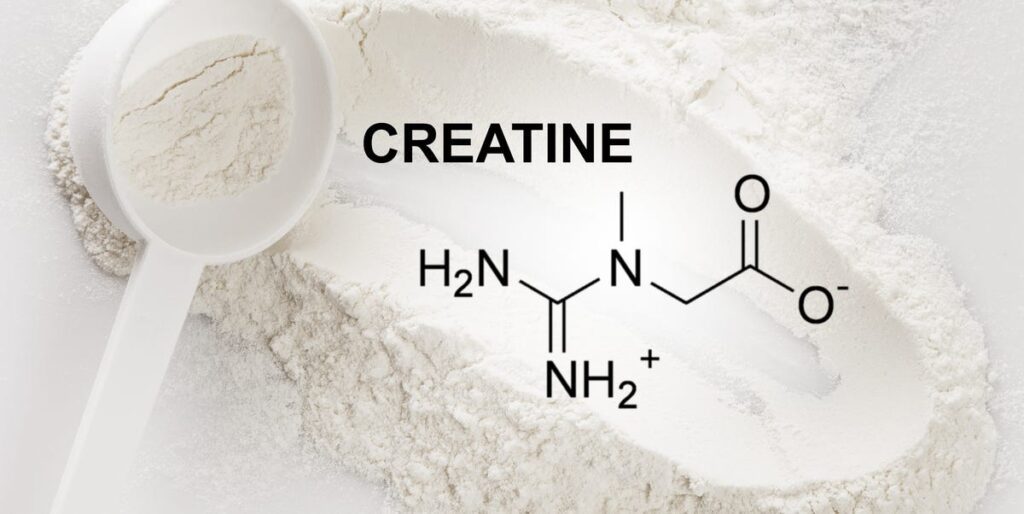Understanding Creatine: The Popular Supplement for Runners
If you’re looking to enhance your training regimen, you may have encountered supplements such as creatine. Widely regarded as one of the most effective supplements, creatine has been associated with benefits such as increasing strength, muscle performance, and muscle growth. But should runners incorporate creatine into their diets? Let’s dive deeper into its origins, benefits, and implications for endurance athletes.
What is Creatine and Where Does It Come From?
Creatine is an amino acid that naturally occurs in the body, synthesized in the liver, kidneys, and pancreas. According to James Aitken, Head of Product at Crazy Nutrition, it is also obtained from animal products such as meat and fish. Within the body, creatine is converted into phosphocreatine, which serves as a quick energy reserve for muscle cells during intense physical activity. This innovative energy conversion plays a critical role in enhancing athletic performance.
The Benefits of Creatine for Physical Performance
Creatine supplementation has been extensively studied and shown to improve performance in short bursts of high-intensity exercise. According to Aitken, it can enhance overall exercise capacity, particularly beneficial for exercises like sprinting. Abi Roberts, a sports nutritionist from Bulk.com, emphasizes that it optimizes energy production in athletes, making it a go-to supplement for bodybuilders and powerlifters.
Specific Benefits of Creatine for Runners
While creatine is primarily recognized for boosting muscle power, recent studies indicate potential benefits for endurance-based activities too. While results vary, there are indications that creatine can enhance certain performance markers, such as sprinting speed. Moreover, creatine contributes to strength improvements, enabling runners to generate more power with each stride, which could translate to improved distance running performance.
Potential Side Effects of Creatine Supplementation
Generally deemed safe when taken as directed, creatine may still pose certain side effects for some individuals. Possible issues include gastrointestinal discomfort, water retention, and, in rare cases, muscle cramps. It’s crucial to remain hydrated and maintain an appropriate electrolyte balance to mitigate these issues. Long-term studies indicate no harmful effects on kidney or liver functions in healthy individuals, although caution is advised for those with pre-existing conditions.
Considerations Before Adding Creatine to Your Routine
Before introducing creatine as a supplement, ensure your nutrition, training plan, and slept patterns are well-established. According to Roberts, optimizing these foundational aspects will yield the best results. Consider implementing creatine as an additional strategy once base performance has been honed, potentially leading to more noticeable results.
How Much Creatine Should You Take Daily?
The typical dosage of creatine begins with a loading phase of approximately 20g per day for five to seven days, followed by a maintenance phase of 3-5g daily. This loading phase saturates muscles quickly, enhancing strength and exercise performance more immediately. However, skipping the loading phase is also viable for those preferring a gradual increase. Consulting a healthcare professional can provide personalized recommendations based on individual goals and health considerations.
Final Thoughts on Creatine Supplementation for Runners
For runners, integrating creatine supplementation could potentially enhance performance in both high-intensity intervals and endurance training. As with any supplement, it’s crucial to consult with healthcare providers to tailor the approach based on individual health status and fitness goals. Always prioritize foundational health aspects before delving into supplementation for optimal results. By understanding how creatine works and its effects, runners can make informed decisions on whether to incorporate it into their training routine.
